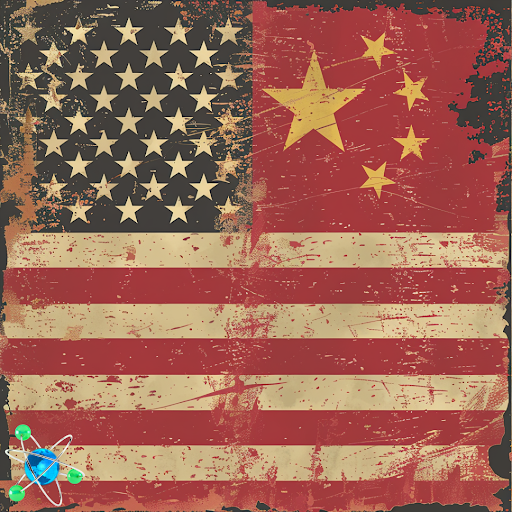
- China assured the US during Track Two talks in March that it can prevail in a conventional conflict over Taiwan without resorting to nuclear weapons, despite US concerns about China’s expanding nuclear arsenal.
- The US-China discussions, held for the first time in five years, ended with unresolved questions and mutual accusations of bad faith, reflecting broader tensions in their relationship.
- The US remains concerned about China’s commitment to its no-first-use nuclear policy, given the rapid expansion of its nuclear capabilities and Beijing’s ambiguous stance on nuclear doctrine.
In the event that China faces defeat over its conflict with Taiwan, concerns arise with the US that China may use, or threaten to use atomic weapons on Taiwan. However, Beijing’s representatives told US representatives back in March that the atomic allegations were false. Washington was represented by about half a dozen delegates, including former officials and scholars at the two-day discussions, which took place in a Shanghai hotel conference room back in March. This is the first nuclear conversation between the US and China in about five years.
Beijing views the democratically governed island as its territory, which the Taipei government rejects. Beijing has stepped up military activity around the island in response.
“They told the US side that they were absolutely convinced that they are able to prevail in a conventional fight over Taiwan without using nuclear weapons,” said scholar David Santoro, the US organizer of the Track Two talks, the details of which are being reported by Reuters for the first time.
Participants in Track Two talks are generally former officials and academics who can speak with authority on their government’s position, even if they are not directly involved with setting it. Government-to-government negotiations are known as Track One.
Although the topic was discussed, the US didn’t walk away with many questions answered. The discussions took place amid accusations of bad faith from both sides, with Washington and Beijing at odds on various issues.
Previous Track One talks in November stalled, with a senior US official expressing frustration over China’s lack of engagement. The Pentagon has raised concerns about China’s expanding nuclear arsenal, which grew by over 20% between 2021 and 2023, and warned that Beijing might consider nuclear action to prevent a conventional defeat in Taiwan, which could threaten the Chinese Communist Party’s rule.
China’s expanded arsenal, including anti-ship cruise missiles, bombers, intercontinental ballistic missiles and submarines – exceeded the needs of a state with a minimal deterrence and no-first-use policy.
A key point the US side wanted to discuss, according to Santoro, was whether China still stood by its no-first-use and minimal deterrence policies, which date from the early 1960s.
China is also one of two nuclear powers (other being India) to have pledged not to initiate a nuclear exchange. Chinese military analysts have speculated that the no-first-use policy is conditional, but it remains Beijing’s stated stance.
Beijing’s “refusal to substantively engage” in discussions over its nuclear build-up raises questions around its “already ambiguous stated “no-first-use” policy and its nuclear doctrine more broadly,” according to the State Department.
